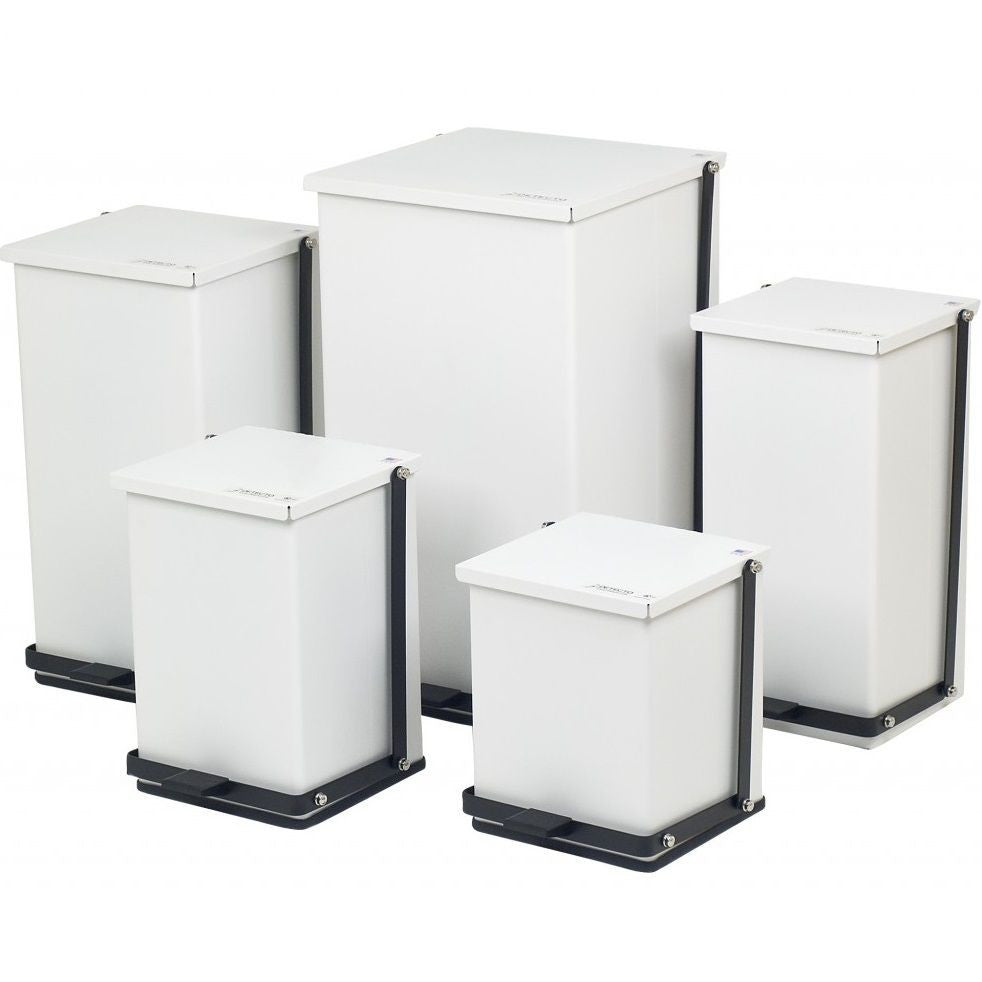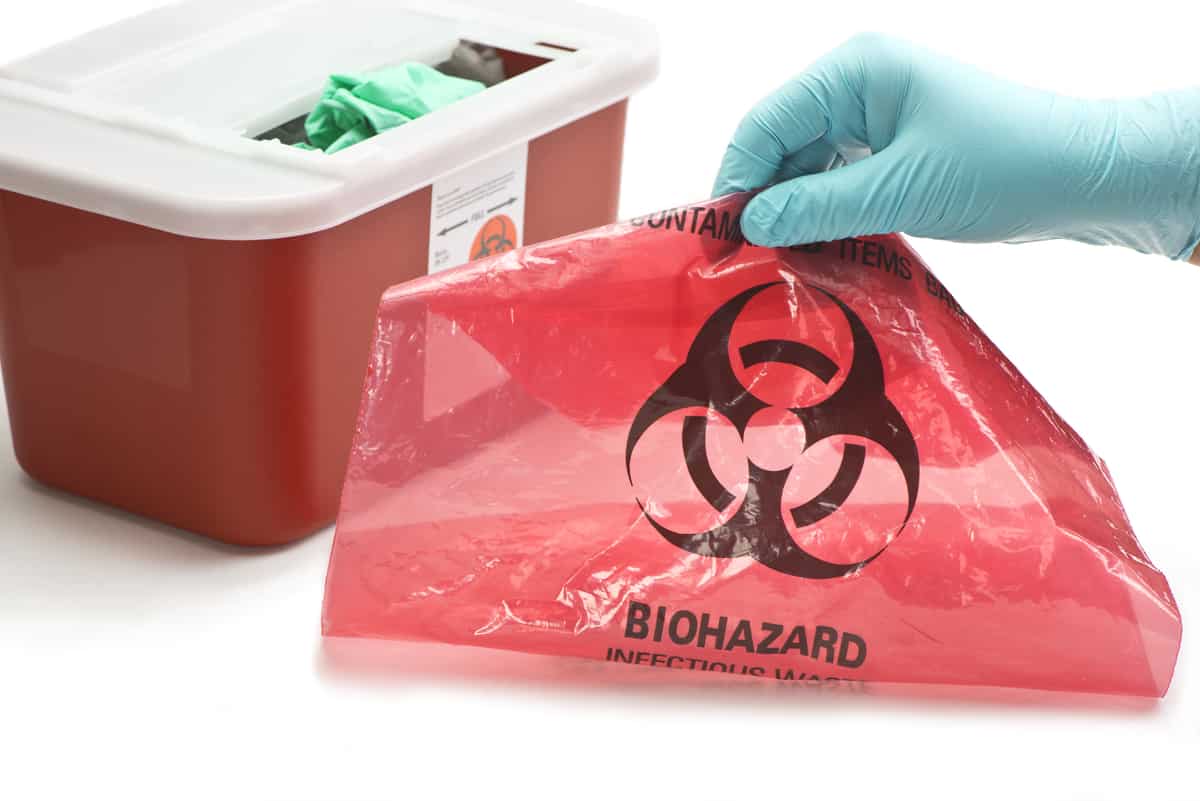Guardians of Sanitation: Resident Medical Waste Removal Service for Your Comfort
Guardians of Sanitation: Resident Medical Waste Removal Service for Your Comfort
Blog Article
Stay Ahead of Regulations: Expert Recommendations on Medical Waste Disposal
In a world where the health care industry is constantly advancing, it is vital for clinical centers to stay ahead of regulations when it comes to the correct disposal of medical waste. From understanding the various groups of clinical waste to carrying out the ideal collection and segregation approaches, this conversation will give actionable ideas and important understandings to assist centers stay ahead of regulations in the ever-changing landscape of clinical waste disposal.
Understanding Medical Waste Categories
Comprehending medical waste classifications is vital for correct disposal and management in healthcare facilities. Medical waste describes any type of waste created by medical care tasks that might pose a risk to public health or the environment. It is crucial to categorize clinical waste precisely to ensure its safe handling, transport, treatment, and disposal.
There are several categories of clinical waste that medical care centers require to be acquainted with. One of the most usual classifications include infectious waste, pathological waste, sharps waste, pharmaceutical waste, and chemical waste. Each classification has certain standards and policies for its correct management and disposal.
Infectious waste consists of materials contaminated with blood or various other physical liquids, such as handwear covers, dress, and laboratory cultures. Pathological waste refers to human cells, body organs, or body components that require special delivery and disposal. Sharps waste includes used needles, syringes, and other sharp things that can trigger injury and transfer infections. Drug waste comprises expired, unused, or polluted medications that require mindful handling and disposal. Last but not least, chemical waste includes solvents, disinfectants, and other chemical materials utilized in healthcare centers.
Remaining Up-To-Date With Regulatory Adjustments
Staying current with regulative changes is essential for health care centers to make sure compliance and appropriate monitoring of medical garbage disposal. medical waste removal near me. With laws constantly evolving, it is important for healthcare facilities to stay updated to prevent charges, penalties, and possible damage to the atmosphere and public wellness
To stay in advance of governing modifications, healthcare facilities need to develop a system for surveillance and monitoring updates. This can be done by registering for governing e-newsletters, attending workshops and seminars, and actively participating in industry organizations. Additionally, centers should designate a team member or team in charge of remaining notified and distributing details to pertinent stakeholders.
Routine interaction with regulative agencies is also vital. Healthcare facilities should develop partnerships with regional, state, and government companies to guarantee they recognize any type of adjustments in policies that may affect their waste monitoring practices. This can be done via normal meetings, engagement in public comment periods, and positive involvement with regulatory firms.
In addition, medical care centers must think about partnering with waste monitoring business that concentrate on medical waste disposal (medical waste disposal services with WasteX). These companies are typically well-versed in the newest regulations and can give advice and support to make sure compliance
Implementing Proper Collection and Segregation Techniques
To effectively manage clinical garbage disposal, health care centers need to develop correct collection and segregation approaches based on governing standards. Applying these methods makes certain the risk-free handling and disposal of possibly hazardous materials, secures the setting, and minimizes the risk of injuries and infections to health care workers and the public.
Proper collection and partition approaches include using assigned containers and classifying systems. Health care facilities ought to offer plainly identified containers for various sorts of medical waste, such as sharps, infectious waste, pharmaceutical waste, and non-hazardous waste. These containers need to be color-coded and clearly marked to stay clear of complication and advertise simple recognition.
In addition, healthcare centers must train their personnel on the correct procedures for accumulating and setting apart medical waste. This consists of informing them on the various kinds of waste, the ideal containers to use, and the importance of complying with guidelines and regulations. Normal training sessions and correspondence course must be performed to ensure that personnel remain updated on best practices.
Moreover, medical care centers should establish a system for routine collection and disposal of clinical waste. This might entail partnering with accredited waste administration companies that specialize in clinical waste disposal. These business will make certain that the collected waste is transported and gotten rid of in compliance with regulative requirements.
Choosing the Right Disposal Methods

Incineration is just one of one of the most common and try this efficient approaches for getting rid of certain types of clinical waste, such as pathological waste and sharps. It involves the regulated combustion of waste at high temperatures, reducing it to ash. Nonetheless, incineration can launch dangerous toxins right into the air and contribute to air pollution.

Chemical treatment includes the use of chemicals to decontaminate and reduce the effects of the waste. Microwave therapy uses microwave power to heat and decontaminate the waste.
Making Certain Conformity Via Paperwork and Training
After thoroughly thinking about the appropriate disposal techniques for medical waste, healthcare facilities need to make certain compliance with laws and lessen environmental effect by implementing reliable documents and training treatments. This action is critical in preserving a lasting and safe setting for both health care workers and the public.

Training is similarly essential in guaranteeing conformity with laws. Health care employees that handle clinical waste needs to get proper training on waste partition, taking care of, and disposal treatments. This training must cover topics such as the proper use personal safety equipment, identification of various sorts of waste, and the appropriate disposal approaches for each waste category. By offering thorough training, healthcare centers can empower their personnel to make informed decisions and decrease the risk of inappropriate garbage disposal.
Verdict
To conclude, staying ahead of guidelines in medical waste disposal is essential for medical care facilities. medical waste removal service. Understanding the different classifications of clinical waste, remaining updated with governing adjustments, executing proper collection and segregation techniques, selecting Get More Information the suitable disposal approaches, and making certain compliance with documentation and training are all crucial steps. By following these standards, health care organizations can properly take care of and dispose of medical waste in a safe and responsible manner
From comprehending the different classifications of clinical waste to implementing the ideal collection and partition methods, this discussion will certainly supply beneficial insights and workable tips to help centers remain ahead of policies in the ever-changing landscape of clinical waste disposal. - medical waste disposal services with WasteX
The most common groups consist of contagious waste, pathological waste, sharps waste, pharmaceutical waste, and chemical waste. Health care facilities need to provide clearly identified containers for different types of medical waste, such as sharps, transmittable waste, pharmaceutical waste, and non-hazardous waste. Medical care facilities need to develop a detailed system to tape and track all elements of medical waste disposal, consisting of kinds of waste produced, quantities, and disposal methods utilized. Healthcare workers that manage medical waste needs to obtain suitable training on waste segregation, managing, and disposal procedures.
Report this page